Tag: voting


Javier Milei: a new era for Argentina?
October 17, 2023 | Post
On October 22, Argentina is poised to hold the first round of the 2023 Presidential Elections, determining the successor to the Peronist Alberto Fernandez. Following the primaries, Javier Milei, who describes himself as an anarcho-capitalist, emerged as the frontrunner. Could Argentina be set to embark on a radical new journey?
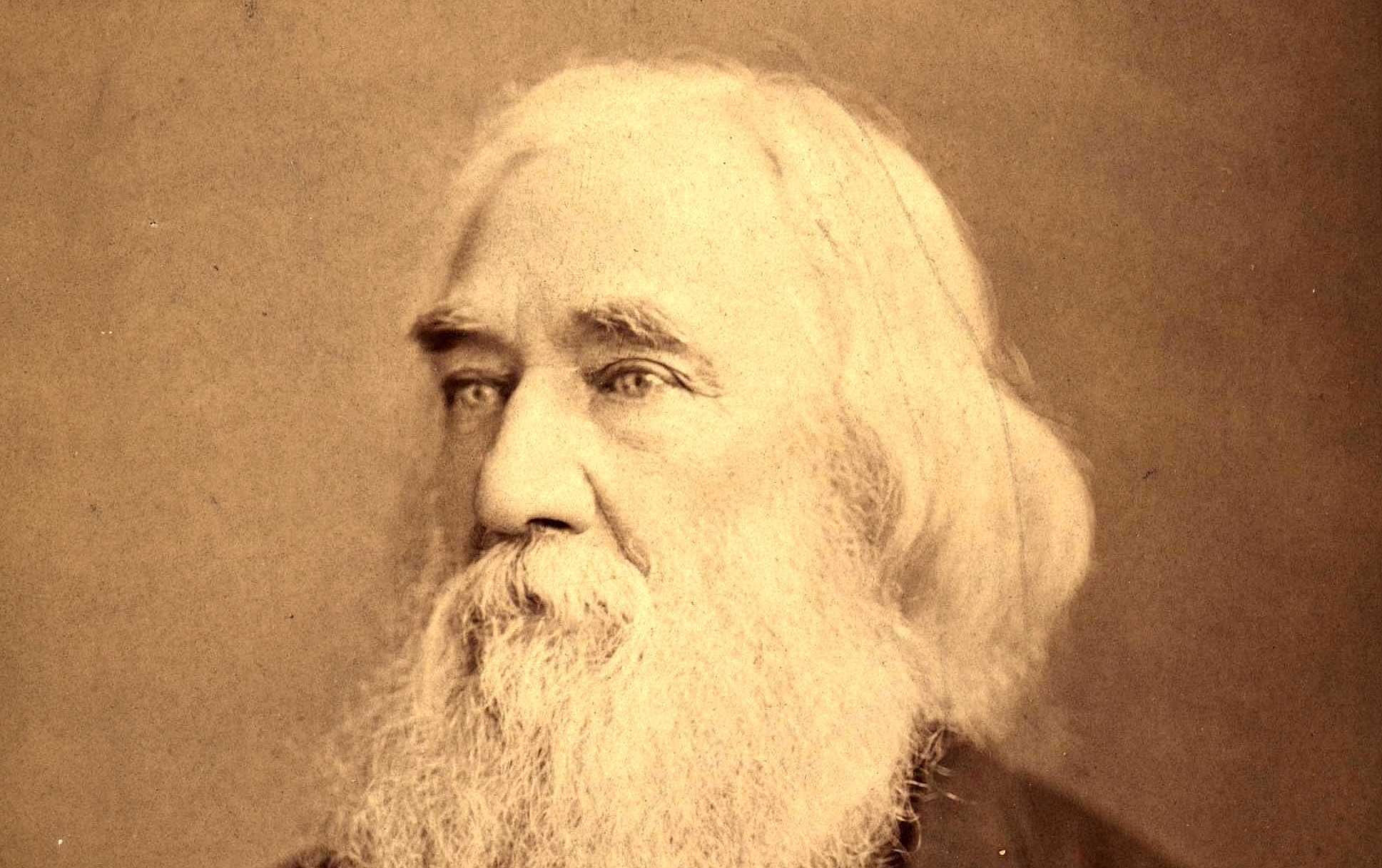
Legends of Liberty: Lysander Spooner
November 18, 2021 | Post
As we witnessed during the 2020 election season, and as we are sure to witness during the upcoming holiday season, the United States Postal Service doesn’t exactly instill confidence.

Stop toxic partisan posts: Take the social media pledge.
March 21, 2017 | Post
My own hands are dirty and my own heart is impure; however, I have seen the light. I repent.
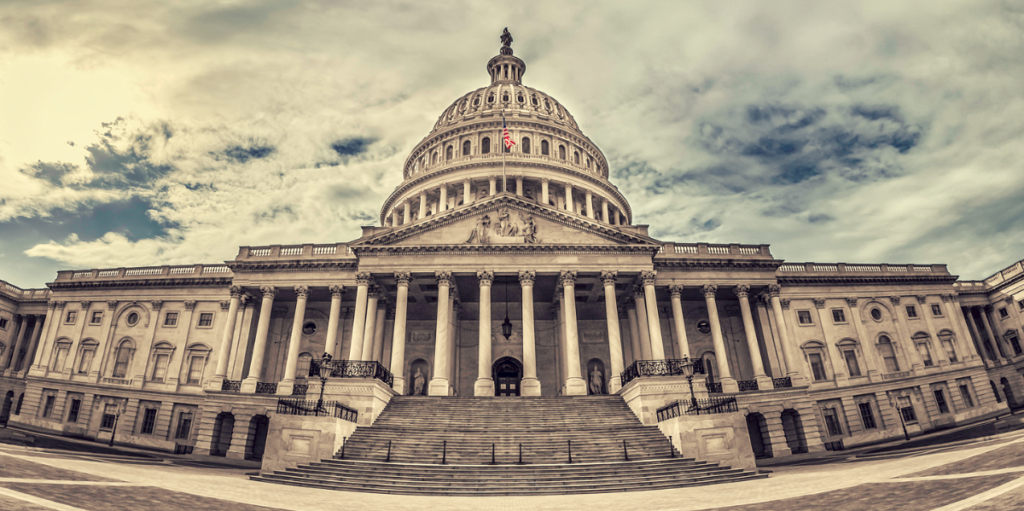
Why congressional term limits could limit presidential power
March 3, 2017 | Post
The incentive structure of the federal government needs adjusting.
Donald Trump: The avatar of democracy
February 22, 2017 | Post
In his first month as President, Donald Trump has been the epitome of democracy.

Presidents for life and the problem of democracy
February 20, 2017 | Post
A liberal democracy is not a machine that will run itself: it is run by people.

America has a bad case of “Whataboutism”
February 18, 2017 | Post
A number of folks I respect have gone full Never Trump, and a few have come out in support of the administration, to varying degrees. But quite a few of “us” have rejected full-on support or opposition, lapsing into what I’ve come to think of as “But What About….?”-ism.

Weird election rules: The baseball hall of fame
February 18, 2017 | Post
Any variation in election rules — for president, for student body treasurer, or for anything else — allows us to examine the rules’ impact on voting outcomes.

A paradox in the theory of democracy
February 9, 2017 | Post
It is not easy being a committed democrat when your side loses an election.

He’s not my president because none of them are.
February 6, 2017 | Post
The inauguration of President Trump was immediately followed by size comparisons.

Did the democrat’s hacked emails give voters too much info?
February 2, 2017 | Post
During the primaries, commentators and academics continually decried the fact that voters had too little information about the candidates.
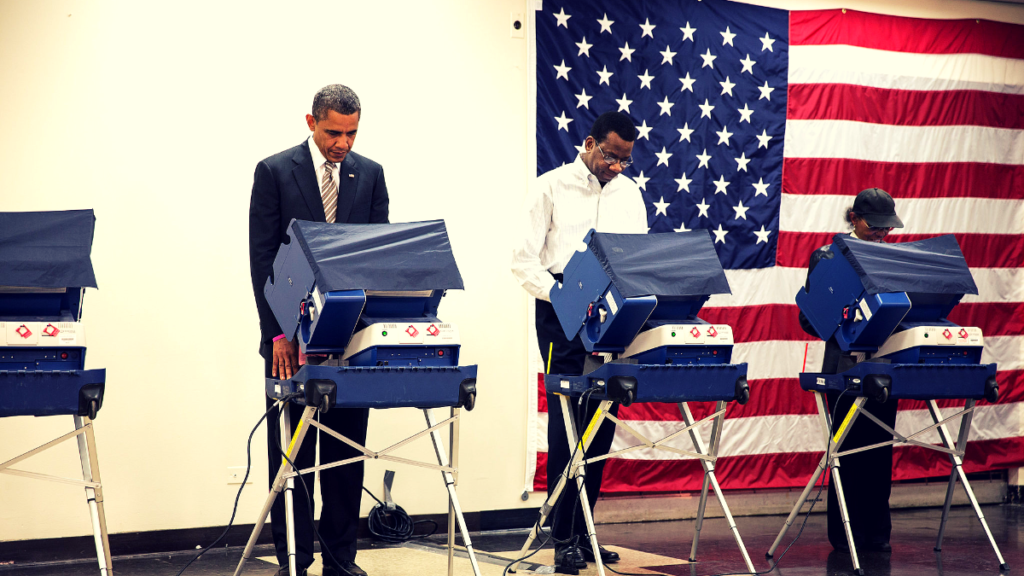
Democracy goes to (electoral) college
December 21, 2016 | Post
It’s healthy for us to periodically revisit these discussions about the basic structure and principles of government. It’s probably less healthy, though, to tie one’s like or dislike of the electoral college to one’s preferred outcome in any particular race.

Privilege, Risk, and Harm
December 18, 2016 | Post
Trump’s victory has triggered a spate of post-hoc analysis about what went wrong. One of the major narratives to take root is that Trump’s win was fueled by a rejection of PC culture and identity politics broadly.

Election results: Chocolate chip cookie wins again
December 5, 2016 | Post
Are you one of those people who like raisins in cookies? Too bad.

Democracy limits bad government in the long haul.
December 2, 2016 | Post
The following is the fourth installment in a five-part debate between Jason Brennan and Philip Pettit on the legitimacy of democracy as a system of social order.

In democracy, minorities are ignored and the voters are ignorant.
December 2, 2016 | Post
The following is the third installment in a five-part debate between Jason Brennan and Philip Pettit on the legitimacy of democracy as a system of social order.

A place where your vote matters
November 22, 2016 | Post
Have you ever stopped and looked around the grocery store? There are thousands of products neatly arranged and conveniently located just for you.

Buy 'em out – a new strategy for cutting government
November 9, 2016 | Post
In 1930, total government expenditure was 10% of GDP. Of that, approximately 3% was federal spending, and 7% was state and local spending. Today, government expenditure is about 40% of GDP, with 25% of that spending federal, and the remaining 15% state and local.

Partisan politics makes smart people stupid
November 8, 2016 | Post
Highly informed voters are also highly biased. That’s a serious problem for democracy, but also for any other system of political decision-making in big groups.
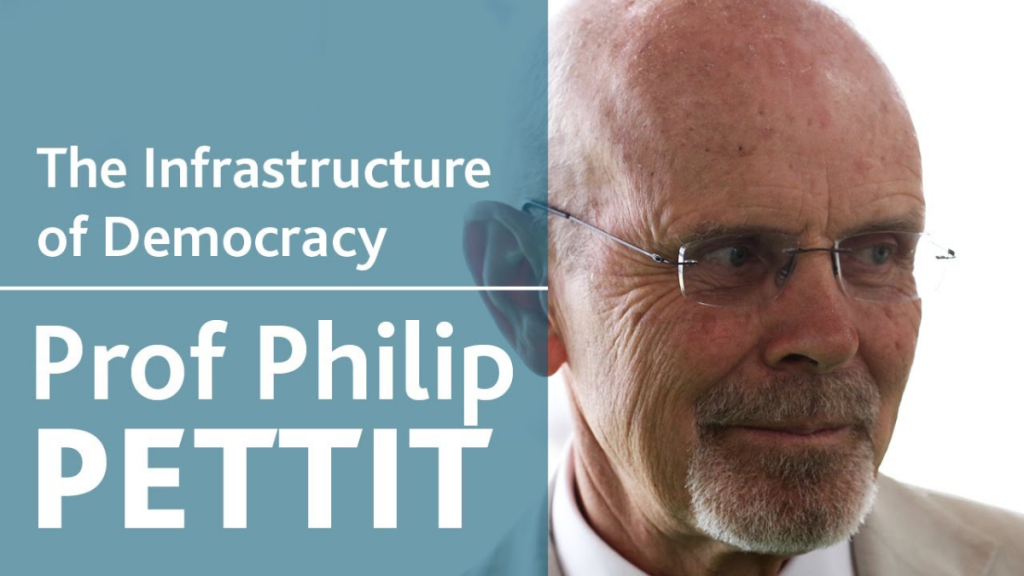
Debate: Is democracy overrated? No.
November 7, 2016 | Post
The following is Professor Philip Pettit’s response to Jason Brennan’s piece on the nature of democracy. This is the second installment in a five-part debate between the two professors on the legitimacy of democracy as a system of social order.

Debate: Is democracy overrated? Yes.
November 7, 2016 | Post
The following is the first installment in a five-part debate between Georgetown Professor Jason Brennan and Princeton Professor Philip Pettit on the merits of democracy as a system of social order.
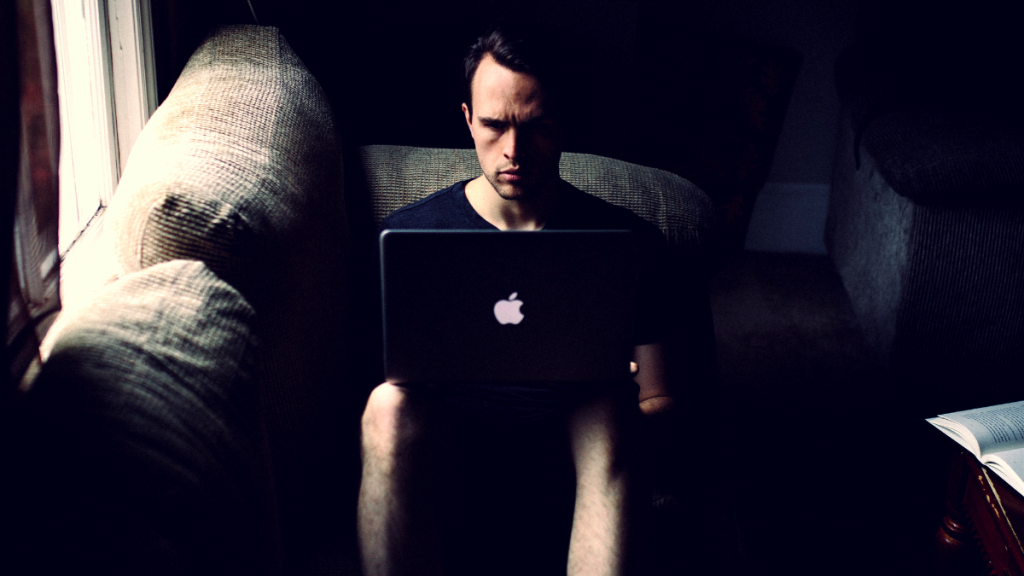
“If you don’t vote, you have no right to complain,” writes Facebook acquaintance with fundamental misunderstanding of political philosophy
November 4, 2016 | Post
At 6:58pm Eastern time last night, Facebook acquaintance and sophomore sociology major Sean Stevens reported that if you don’t vote in the upcoming presidential election then you have no right to complain about the trajectory of the nation. Stevens, who bravely displays the Human Rights Campaign logo as his profile picture, went on to provide […]
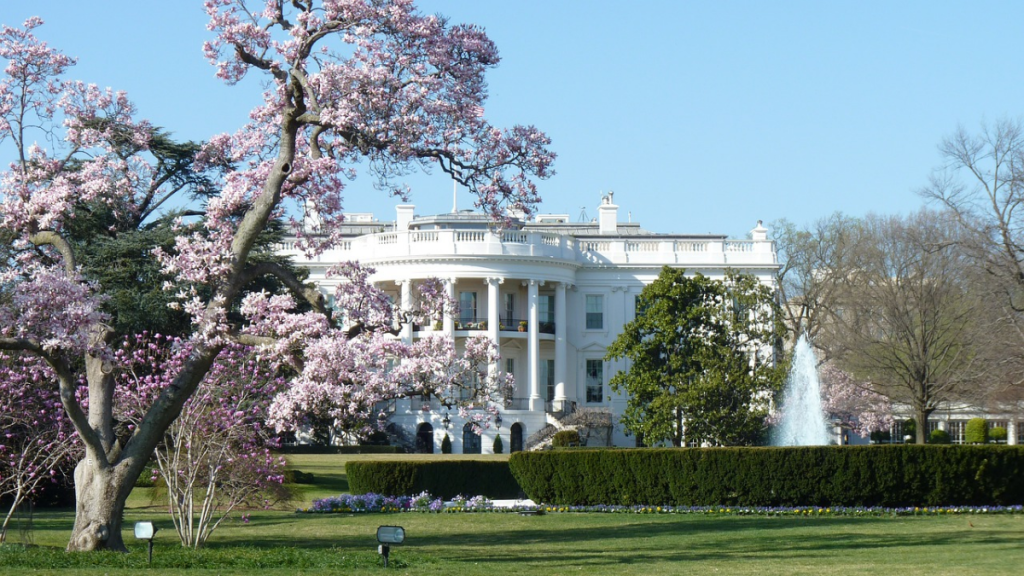
Apolitical reasons to hate politics
October 25, 2016 | Post
Politics isn’t just bad; It’s the worst. It brings out the literal worst in people.


